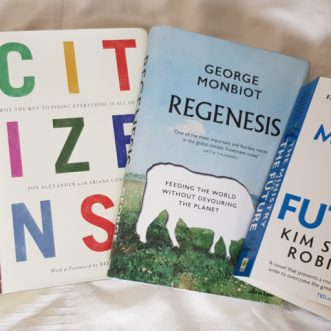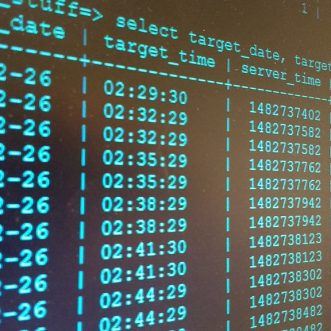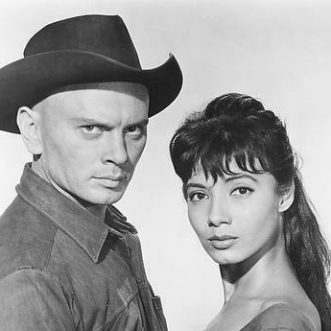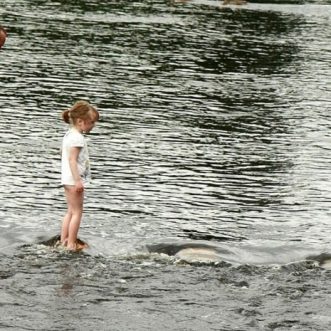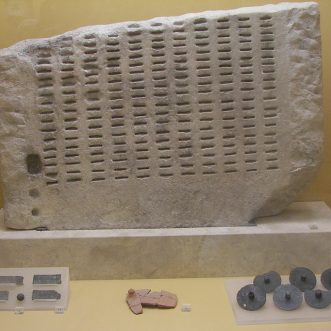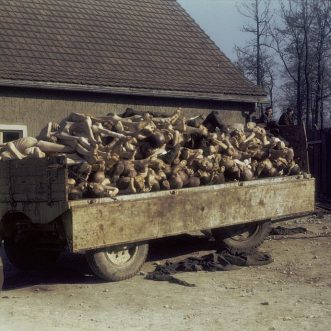January 19, 2022
For the ancient Athenians, elections were profoundly unsatisfactory. The idea of devolving responsibility for running Athenian life to a few people simply because they could afford to do it full time was, for them, disturbing, and likely to lead to demagoguery, factionalism, and ultimately tyranny.
So for most public offices their preferred method of selection was sortition – a random selection from a pool of eligible citizens, much like our modern jury service. Posts were held temporarily and short term, so that during his life a free Athenian could expect to serve many times in several different capacities, part of a group of people performing the same office.
Of course to our eyes, the system was far from perfect. Only free men were in the pool of eligibility, but within that pool, it didn’t matter who you were; what you did, how well you were educated, or how much you owned. If you were a free Athenian man, you could be picked and you took your turn at making Athens run smoothly.
And it meant that every free Athenian man had to be able to carry out these duties if called upon. They had to learn how things worked, as part of their education, and by participating as observers as well as actors.
It took a lot of effort to run things this way (effort freed up by slaves), but it seems to have been effective at making a life well lived (eudaimonia) possible for everyone involved.
Nowadays we’d use technology to free up people’s time and call it participatory democracy, or holacracy, or Teal, or self-management.
The Athenians just called it democracy.
